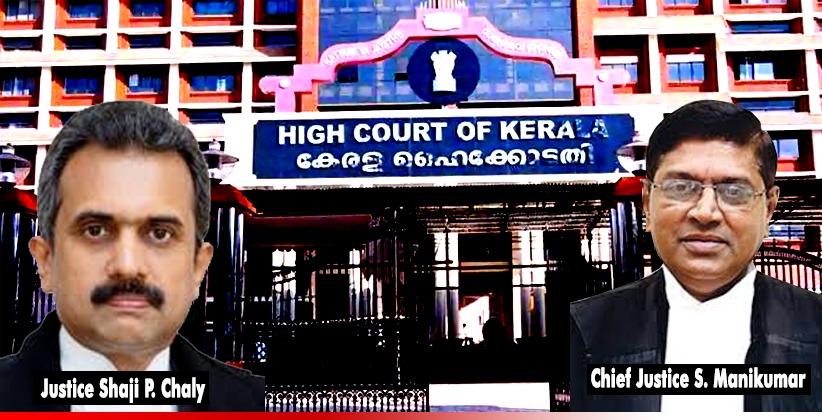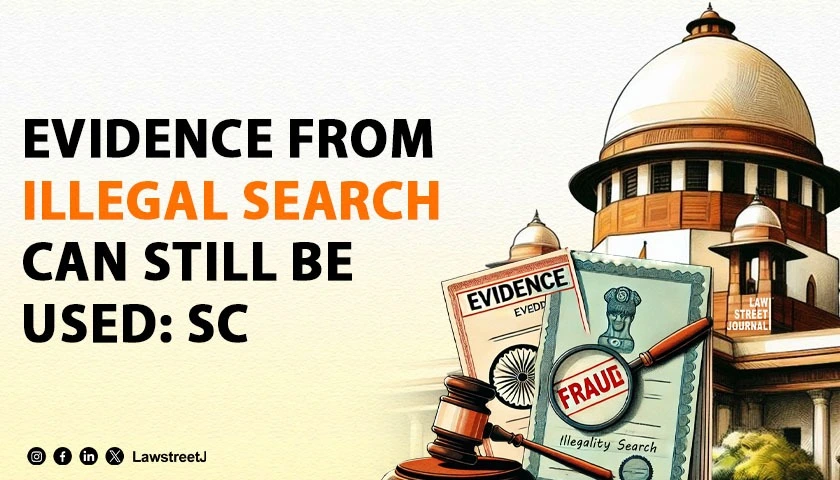On Thursday (19th November 2020), the Kerala High Court refused to issue any direction to the State Government or the Union Government to overlook its Guidelines (Covid Protocols) and to follow the guidelines of the World Health Organization.
The bench consisted of two judges: Chief Justice S. Manikumar and Justice Shaji P. Chaly.
The members of Muslim community filed a PIL basically seeking directions to State and its officials and the Union of India in regard to the management of the dead body of Covid-19 patients on the basis of the guidelines issued by the Government of India, WHO, etc.
Their Prayers were as follows:
- 1) issue a writ of mandamus or any other appropriate writs, order or directions commanding the respondents to dwell upon the request of the ISLAM COMMUNITY TO REVISIT THE GUIDELINES ISSUED IN Ext.P1, taking into account the relevant inputs suggestive of the fact that SARS-CoV-2 Virus will not spread from the dead body
- 2) Issue a writ of mandamus or any other appropriate writs orders or directions commanding the respondents to permit washing of dead body and shrouding of dead body in accordance with the rituals in Islam community, ensuring health security of general public.
Contention of the Petitioners
The State of Kerala was not following the Standard Operating Procedure recommended by the Union Ministers of Health and Family Welfare as well as the WHO according to the contentions made by the petitioners. They also said that the guidelines issued by the Union of India were not followed.
The family members of the person who is hospitalized are not allowed to meet the patients as soon as he is admitted to the hospital due to which the family is not aware of as to what type of treatment is being given to the patient and what is the progress of his/her health.
They also claimed that on the death of the patient, the body is packed by the hospital in plastic sheets and the Health Department is called, but the family of the deceased is called only for the payment of the bill.
The Health Department takes the body away from cremation/burial, which is totally barricaded by the Police, having no public access and the dead body is not shown to the family once the payment is affected.
Appearing for the petitioners, Advocate Harris Beeran contended before the Court that protocols were issued by WHO and in accordance with the same, there is no prohibition for performing the last rites of a deceased person and to wash the dead body.
The guidelines issued by the Union Government were taken into account the fact situations prevailing in India and after securing necessary inputs and information from the respective stakeholders in regard to management of the dead body of Covid-19 patients, the Court stated.
Further the court observed, Exercising the power under Article 226 of the Constitution of India, this Court is not expected to overturn the guidelines or making additions to the guidelines without taking note of the exercise already undertaken by the Union Government before issuing the guidelines for management of the dead body of Covid-19 patients.
Specific instructions are given with respect to performance of last rites of a deceased Covid 19 patient, and that clear prohibitions are created there under from touching the body and washing and the court also said that it cannot permit the relatives or issue directions to the staff of the hospital or any department to wash the dead bodies.








